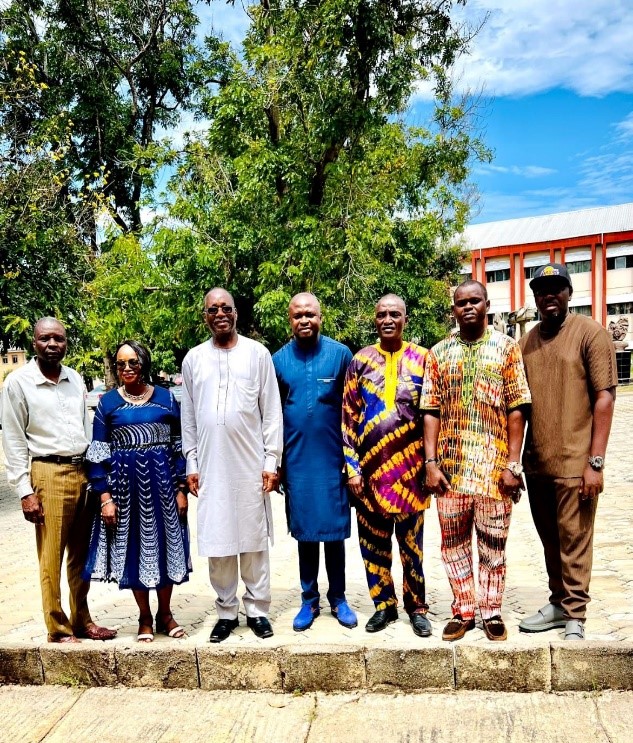The nature and extent of hunger and food insecurity in Nigeria are of public health concern. The recent trend in hunger and food security in Nigeria reveals the prevalence of undernourished as a proportion of the total population rose steadily from 6.0% to 7.0% between 2007 and 2016. However, the proportion of the undernourished rural population almost doubled over a span of ten years, from 6.0% in 2007 to 11.5% in 2016 (Amaza, 2019). This measures the percentage of the population that is unable to meet the minimum calorie requirements of 2,250 kcal per day.
Nigeria ranked 38th out of 76 countries on the 2014 Global Hunger Index (IFPRI, 2014). Another report indicated that the absolute number of food-insecure people in Nigeria was 17 million in 2012 with projected rise to 43 million by 2022 if the situation is not addressed. Lack of food is the most critical dimension of poverty and is one of the Sustainable Development Goals (SDGs) indicators. Thus, the issue of food security is very topical, and therefore the TetFund Centre of Excellency in Food Security is quite desirable
The TetFund Centre of Excellency in Food Security shall focus on applied research for development (R4D) with emphasis to develop and disseminate research outputs for adoption by private sector (e.g., industries) and end-users (households). The adoption of the research outputs will in turn contribute to enhance food security and improved livelihoods in North-Central States, and other parts of Nigeria. Given the significance of food security, both nationally and internationally, the activities of the Centre are expected to attract support and funding from national and international sources.
The R4D activities of the Centre shall be interdisciplinary in nature, involving several disciplines given the fact that food security issues are cross-cutting in nature. The R4D activities will focus on addressing the diverse challenges that affect food security, including low crops and livestock productivity, poor access to agricultural markets, low value addition to agricultural produce, land degradation, climate change, pests and diseases, policies, etc. Thus, R4D should focus on the development and promotion of technologies and policies that not only enhance food production and access to safe and nutritious food but also maintain ecological stability and preserve the natural resource base of communities.
